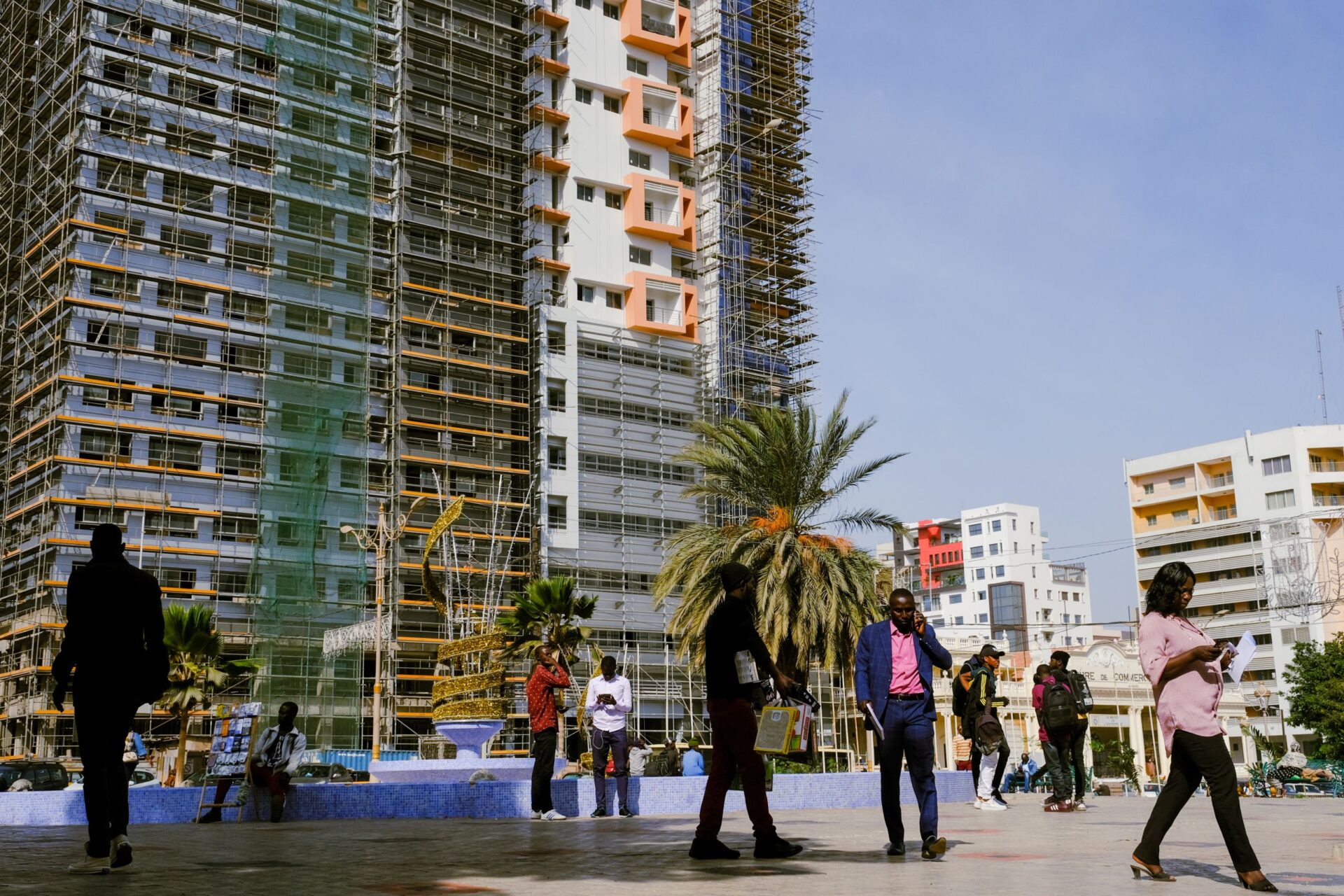Learning from climate change perceptions in southern African cities

Introduction
Climate change poses a major societal risk at present. This risk is particularly acute in Africa because the continent is projected to be disproportionately impacted by climate change. However, despite the generally accepted societal risk posed from climate change, the perceived risk of climate change varies greatly from individual to individual, and particularly, from community to community. Among the key elements of risk perception is the psychological distance of the risk, which is a measure of an individual’s perception of proximity to something as either close and concrete or far and abstract. Scholarly understanding of an individual’s climate change risk perception in the African context, is limited, including amongst those who have an influence on policy making.
This paper goes some way towards filling this gap in understanding by providing preliminary findings on concern and the psychological distance of climate change amongst policy influencers in three southern African cities (Blantyre, Harare and Gaborone).
*Download the full publication from the right hand column. The key messages from the publication are provided below. See the full text for much more detail.
Methods and Tools
The commentary is informed by a study that included interactions with individuals in an institutional position to influence policy decision making in three southern African cities, namely Blantyre (Malawi), Harare (Zimbabwe) and Gaborone (Botswana). Each of the cities face similar challenges with regards to climatic extremes, yet each is situated within their own unique socio-economic context.
To inform the study, surveys, workshops and interviews were undertaken in each city in early 2018, spearheaded by an in-country academic, based at the local university. These consultations included individuals considered as ‘policy influencers’ (not policy makers) such as the city council departments and service units, national government departments, non-governmental organisations, utility services, resident associations and national meteorological services. Participants were selected based on a cross-section of individuals and organisations with an influence in policy decision making in each city. The focal point city representative provided advice in this regard.
A total of 40 participants completed a standard survey assessing the psychological distance of climate change and concern. This was made up of 15 respondents in Blantyre, 14 in Gaborone and 11 in Harare. In the cities of Blantyre and Gaborone, participatory workshops, involving the same participants from the survey, then allowed for further exploration of the perceptions identified through the survey component.
One question for each theoretical dimension (hypothetical, spatial, social and temporal) of psychological distance was included in the survey with the addition of two questions relating to concern about climate change. These questions assessed concern about climate change at the city scale and concern about climate change on a personal level.
Key findings
The preliminary results from this study imply that climate change is viewed as a real and imminent risk in each of these southern African cities. We posit that climate change is psychologically close amongst those consulted in each city and this is correlated with increased levels of concern. This likely enhances the appetite for action and increases receptivity to climate change interventions. As psychological distance of climate change has been shown to be an indicator of willingness to act on climate change, we posit that willingness to act on climate change may be enhanced in these southern African cities and, indeed, in many African cities facing similar risks from climate change.
Drawing on theories relating to how risks are construed,we should be changing the way in which climate information is presented. In situations of psychological closeness, we should be providing concrete, solutions-based information on a short to medium term time scale in order to inform policy-relevant decisions.
This information should be used to nuance the way in which we engage in tackling the climate change challenge in urban Africa, recognising the potential receptiveness to act on climate change and the contextual need for concrete, solutions-based climate information.
Suggested citation
Steynor, A., Leighton, M., Kavonic, J., Abrahams, W., Magole, L., Kaunda, S., & Mubaya, C. P. (2020). Learning from climate change perceptions in southern African cities.Climate Risk Management,27, 100202.
Further readings
Related resources
- City to city learning and knowledge exchange for climate resilience in southern Africa
- ProSus #3: Building resilience in southern African cities
- Building Urban Resilience to Climate Change: A Review of South Africa
- FRACTAL project website
- FRACTAL: Future Resilience for African Cities and Lands
- Co-producing climate knowledge – Great in theory, but how about practice?
- Africa's Climate: Helping decision-makers make sense of climate information
(0) Comments
There is no content